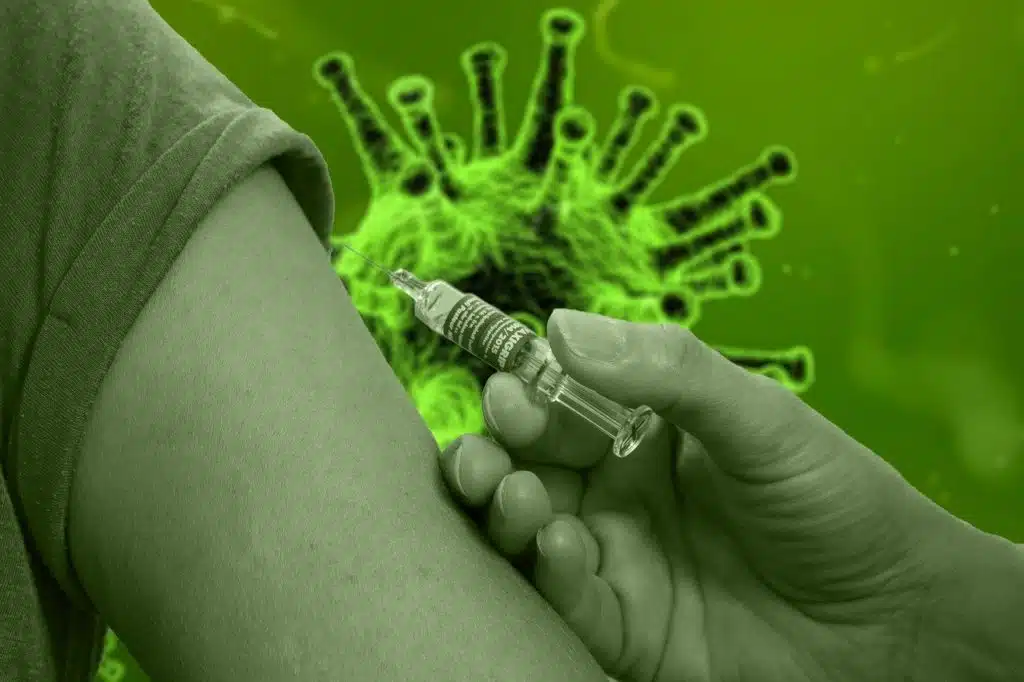All about Corona Virus and its Prevention
 In December 2019, there was a cluster of pneumonia cases in China. Therefore, investigations were carried out and found that the pneumonia is caused by a previously unknown virus. Thereafter, the virus named as 2019 Novel Corona Virus or Covid 19. Researchers used next-generation sequencing to identify the novel human infecting Coronavirus.
In December 2019, there was a cluster of pneumonia cases in China. Therefore, investigations were carried out and found that the pneumonia is caused by a previously unknown virus. Thereafter, the virus named as 2019 Novel Corona Virus or Covid 19. Researchers used next-generation sequencing to identify the novel human infecting Coronavirus.
Further, several patients with viral pneumonia were epidemiologically associated with the Huanan seafood market in Wuhan, Hubei province of China. In the market, apart from seafood many non -aquatic animals and birds including rabbits were on sale before the outbreak.
What is Corona Virus?
As this is a newly identified virus, whatever we know about now can change in the future. Corona Viruses are a large group of viruses that causes deadly diseases in mammals and birds. These viruses contain strains which are responsible for potentially deadly diseases in mammals and birds.
Genomic characteristics of Corona Virus
The virus belongs to the family Coronaviridae, which is a single-stranded positive-sense RNA genome. The virus contains a core of genetic material which is surrounded by an envelope with protein spikes. The protein spikes give the virus a crown-like appearance. In Latin, crown means Corona, hence, because of the structure it is named as Coronavirus. The length of Corona Viruses varies from 26 to 36 kilobases.
Types of Corona Virus
There are different types of Coronaviruses. But there are four known genera in the family. The four genera are Alphacoronavirus, Betacoronavirus, Gammacoronavirus, and Deltacoronavirus. Alphacoronavirus and Betacoronavirus infect mammals including cats, bats, pigs, and humans while Gammacoronavirus
Corona Virus infects Mammals such as Men but Deltacoronavirus infects both birds and mammals.
In humans, some cause respiratory symptoms while others cause gastrointestinal symptoms. Respiratory illness can vary from common cold to pneumonia. Generally, the symptoms associated with Coronavirus are mild. However, there are certain Coronavirus that cause severe disease which includes the Severe
Acute Respiratory Syndrome Corona Virus (SARS -CoV) and the Middle East Respiratory Syndrome Corona Virus (MERS-CoV).
Also read about: Japanese Encephalitis
Hosts of Corona Virus
Coronaviruses are identified in various avian hosts as well as in several mammals which include camels, mice, bats, masked palm civets, dogs, and cats. Besides this, Novel Mammalian Coronaviruses are now common and are identified regularly. For instance, in 2018, and HKU2- related Coronavirus that caused a fatal acute diarrhea syndrome in pigs was originated from bats. Incidence As per data on 22nd March 2020, there were 81054 confirmed cases of Corona Virus in China. Around 3700 people died from deadly diseases. But now Italy surpassed China in Death rates by 5406 deaths. Moreover, there are 339,023 confirmed cases of 2019 – Novel Corona Virus infection across the World and 188 countries have confirmed cases of Covid19 cases.
The figures show an upward trend with 339,023 positive cases of Corona infection on March 22, 2020. The number of fatalities increased to 14698 as per the data on March 22,2020. Besides China, the 2019 n-Corona Virus has been reported on various parts of the world. Apart from China other nations that reported the infection include Thailand, Japan, South Korea, India, Malaysia, Singapore, UK, and the USA. In nutshell, the virus is not under control and the cases are increasing every day. China reported the maximum number of cases and Italy reported a maximum number of deaths.
Severe acute respiratory syndrome (SARS-CoV)
- First identified the distinct strain of Corona Virus
- First reported in the Chinese province of Guangdong in 2002.
Source of the virus is not clear yet but its believed that the animal reservoir
was civet cats.
- The virus then became a pandemic claimed 800 lives and more than 8000
infectious cases reported. - SARS spread to 26 countries.
Middle East respiratory syndrome (MERS –CoV)
- Initially reported in Saudi Arabia in 2012.
- The animal reservoir is camels.
- Symptoms include fever, cough, shortness of breath and gastrointestinal
symptoms like diarrhea. - Around 2500 cases of infection were reported and resulted in nearly 860
deaths. - 27 nations reported with MERS- CoV.
How viruses from animals transmit to humans?
- It is evident that the Corona Virus circulates in a range of animals and avian
hosts. - Sometimes, these viruses make a jump from animals to humans. The
the process is known as spillover. - Spillover is due to many factors including a genetic mutation in the virus or increased contact between humans and animals.
- For instance, SARS-CoV is transmitted from civet cats and MERS-CoV from camels.
- However, the animal reservoir of the 2019 n- coronavirus is not known yet.
- Some experts suspect snakes as the reservoir of n-corona virus. But other
experts consider this as unlikely.
Also read :UPSC IAS Exam Previous Year Question Papers in PDF
Mode of Transmission of the n-corona virus
- Exact model of transmission is not known yet.
- Generally, respiratory viruses transmit through droplets whenever an infected person coughs or sneezes or something that is contaminated with virus.
Who is at risk?
- The people who are at most risk include those who are in close contact with men who had confirmed Corona Virus infection and who are caring for people affected with a virus such as family
members or health care professionals. - People with low immunity including old age population and children.
- People who have other diseases like Cancer or renal diseases. Symptoms of the n-corona virus
- Symptoms can be mild to severe.
- Fever and respiratory symptoms like cough and shortness of breath.
- If left untreated the severity increases and can lead to pneumonia, kidney failure, and multi-organ failure. This ultimately leads to death. Diagnosis of n-corona virus
- The diagnosis of n-corona virus is done by Polymerase Chain Reaction
(PCR). The PCR identifies n-corona virus based on its genetic finger print.
Treatment for n-corona virus - Currently, there is no treatment available to treat the infection. The only treatment is supportive care. Further, there no vaccine available to prevent the infection. Research is ongoing to develop treatment and vaccine against n-corona virus
Prevention
Following standard hygiene practices to protect the spread of n- Corona Virus. The standard hygiene measures include covering of mouth and nose while coughing and sneezing with a medical mask,
towel or flexed elbow.
- Avoidance of close contact with people who are unwell or exhibiting
symptoms of fever or cough. - Appropriate use of personal protective equipment in health care
settings. - Hand washing regularly with soap and water.
- Prevention of infection from animal sources includes avoiding unnecessary and unprotected contact with animals.
- Washing hands thoroughly with soap and water continuously on regular intervals.
- Ensure that thorough cooking of animal products before consumption.
- Stay in the home if unwell and avoid public gatherings such as parties and family functions. However, seek medical advice early if there are fever, cough or respiratory difficulties.
- Do not hesitate to share a travel history with your doctor.
References: BBC.com and thehindu.com










Leave a Reply